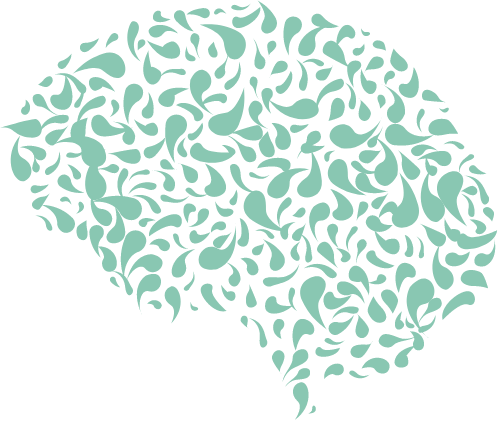


We are based in Provo, Utah





Structural Family Therapy: Identified hierarchy of power and control in the home. Discussed structural dynamics of the home as manifested in rules and discipline. Assimilated into family dynamic to gain understanding and insight then facilitated in modifying poor patterns of conflict resolution by assisting the family in implementing more assertive communication techniques and more effective boundary setting skills.
Person-Centered Therapy: Validated emotions of fear, anxiety and hopelessness. Reflected understanding and empathy. Utilized active listening and unconditional positive regard to build rapport and give support. Validated worth as an individual.
Cognitive Behavioral Therapy: Identified thinking errors that lead to out of control thoughts and feelings. Facilitated in finding ways to modify these irrational thoughts to improve present life circumstance by creating healthy beliefs and triggering healthier feelings and actions. Discussed pros and cons of current life decisions.
Solution-Focused Brief Therapy: Identified present life stressors and assessed what is in greatest need to modify. Discussed what has and hasn’t worked to alleviate this stressor in the past. Identified support and client skill set to overcome any anticipated roadblocks. Utilized scaling questions to bring awareness to life stressors and identify how the situation might be ameliorated.
Dialectical Behavioral Therapy: Identified thinking errors and emotional reactivity that are contributing to present life problems. Discussed ways to dispute thinking errors and utilize wise mind to rationally approach life stressors through healthy coping, radical acceptance and assertive communication.
Motivational Interviewing: Discussed present life circumstance and identified areas client is most willing to change at this time. Attempted to create ambivalence and inspire greater desire to change life stressors through open-ended questions, reflections, affirmations and validation. Rolled with resistance and facilitated in identifying how situation might be improved according to client’s readiness to change.
Guided Imagery/Mindfulness: Facilitated in creating safe space through guided imagery to alleviate feelings of anxiety and depression. Facilitated in relaxation exercise. Discussed mindfulness and engaged client in an activity to solidify this concept.
Emotion-Focused Therapy: Discussed emotions and how to cope with them effectively without stuffing or putting on masks. Discussed vulnerability in hard emotions and identified ways to share these emotions in trusting relationships to create feelings of empowerment and improve sense of belonging to decrease feelings of fear and hurt.
Individual Behavior Modification: Assessed behaviors to be extinguished and behaviors to be reinforced. Identified positive and negative rewards to be utilized to promote desired behavior necessary to improve level of functioning in society and decrease aggressive and defiant behaviors. Facilitated in implementing relevant and evidenced-based modification techniques through boundary setting and rewards/natural consequences.
Child-Centered Play Therapy: Engaged child in play. Reflected understanding and feeling. Set boundaries and guidelines for play. Reinforced boundaries as needed. Modeled appropriate conflict-resolution and social interaction.
Art Therapy: Engaged client in art. Reflected understanding and feeling. Set boundaries and guidelines. Reinforced boundaries as needed. (See scans)
Sand Tray Therapy: Engaged client in sand tray therapy. Reflected understanding and feeling. Set boundaries and guidelines. Reinforced boundaries as needed.
Crisis Intervention/Safety Plan: Assessed severity of client’s depression and any contributing stressors. Assessed intent, plan and means for suicide. Identified supports and possible alternatives to coping with present life stressors. Staffed with another clinician regarding client’s mental health stability and appropriate course of action. Determined lowest level of care necessary to maintain safety of client. Identified formal supports to stabilize client in the community.
Applied Behavior Analysis: Assessed behaviors to be extinguished and behaviors to be reinforced. Identified positive and negative rewards to be utilized to improve level of functioning and decrease aggressive and defiant behaviors. Facilitated in implementing relevant and evidenced-based modification techniques through boundary setting and rewards/natural consequences. Removed triggers that may be stimulating anxiety/worry.
Eye Movement Desensitization and Reprocessing (EMDR): Engaged client in trauma-focused reprocessing using bilarteral stimulation and use of safe space. Processed triggers and memories that are provoking unwanted aversions and agitating mental health stability.